The Philosophy has long ceased to be a way of life, a manner of being, it has become a field of research, a “philosophical speech”; it no longer thinks of the basic principles, it no longer deals with the transformation of thinking, the formation of the mind and soul, the inner transformation of man. The ancient Greek was engaged in philosophy, which was for him an existential choice, a form of life, a way of thinking. And reading the works of Heraclitus, Pherecides, or Empedocles was for him a “spiritual exercises” (Pierre Hadot), a strong-willed personal practice.
The philosophical writings of thinkers of the Hellenistic and Roman era were not aimed at informing, but at forming and transforming the thinking of readers. Pythagoras, Plato, and Aristotle did not philosophize in front of their students to provide them with as much information as possible, they were engaged exclusively in the formation of minds, opening up to their listeners other ontological levels, other modes of being they pushed them to an internal transformation comparable to that experienced by initiates in the mysteries.
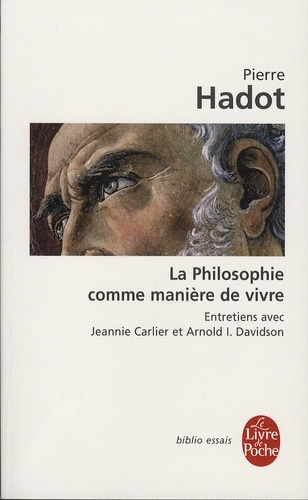 As Pierre Hadot rightly points out, the texts of early thinkers were not a statement of a certain system (for the first time the idea of systematic philosophy will appear only in the medieval scholar Francisco Suarez), they were “spiritual exercises” aimed at transforming the individual. Philosophy in Antiquity was a mode of existence that required the philosopher to be internally transformed and personally involved in every moment of his life. Spiritual exercises involved the whole Mind. Nevertheless, modern historians of philosophy continue to approach the philosophy of Antiquity with the standards of the Middle Ages and Modern times, i.e. they persist in seeing it as a theoretical and abstract activity, but not as a practice. Philosophy has ceased to be thought of as a way of life. Hadot believed that this was a consequence of the absorption of philosophy by Christianity.
As Pierre Hadot rightly points out, the texts of early thinkers were not a statement of a certain system (for the first time the idea of systematic philosophy will appear only in the medieval scholar Francisco Suarez), they were “spiritual exercises” aimed at transforming the individual. Philosophy in Antiquity was a mode of existence that required the philosopher to be internally transformed and personally involved in every moment of his life. Spiritual exercises involved the whole Mind. Nevertheless, modern historians of philosophy continue to approach the philosophy of Antiquity with the standards of the Middle Ages and Modern times, i.e. they persist in seeing it as a theoretical and abstract activity, but not as a practice. Philosophy has ceased to be thought of as a way of life. Hadot believed that this was a consequence of the absorption of philosophy by Christianity.
In the scholastics of the Middle Ages, theology and philosophy were at a considerable distance from each other, and philosophy was relegated to the rank of “the Handmaid of Theology”. It was only during the Renaissance that we rediscovered Seneca, Epictetus, and later Marcus Aurelius, and then also Cicero, and Epicureanism, and realized that philosophy can be a way of life. Andre van der Braak also writes that philosophy ceased to be a way of life with the rise of Christianity. He points out that Nietzsche sought to revive the Greek approach to philosophizing as a way of life. We can add that the same goal was pursued by Michel Foucault and Ludwig Wittgenstein.
When we begin to read the texts of ancient thinkers, we should once and for all abandon the habit of applying to them the value system of modernity. “Before that, I considered philosophical texts — whether they are texts of Aristotle, or St. Thomas, or Bergson-as if they are timeless and words always have the same meaning that does not depend on the epoch. I realized that we need to take into account the evolution of thoughts and mentalities over the centuries, “ admits Pierre Hadot. The texts of ancient philosophy and the texts of modern philosophy cannot be perceived in the same way. Hadot believes that the philosophical texts of Antiquity were always intended for limited public and had very specific recipients-either a group of students or a specific follower to whom they were written. For example, according to the testimony of Porphyry, Plotinus wrote his work in response to the questions asked by the audience. The teaching of philosophy for three centuries, that is, from Socrates to the first century, was almost always presented in a question-and-answer scheme. Dialogue as a philosophical genre has almost disappeared today, replaced by systematic treatises. Hadot himself is very skeptical about the possibility of reviving the Dialogic character of ancient philosophy in our days.
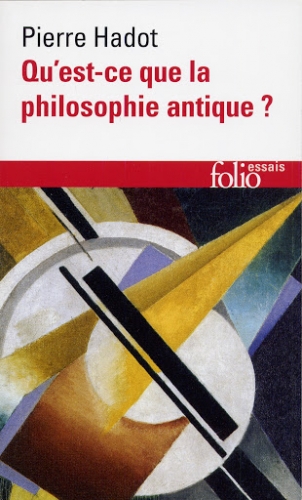 To know that Pierre Hadot means by “spiritual exercises”, need to find out what he invests in the concept of “Spirit.” Spirit he calls what Plotinus called Intellect, Nous, the Highest Reality. Nous is that which is between the One and the plurality. Pierre Hadot: “I would define spiritual exercises as voluntary, personal practices intended to bring about a transformation of the individual, a transformation of the self.” Before to stop the choice on the epithet of “spiritual”, he considered various options: intellectual exercises, ethical exercises, mental exercises, soul exercises, and finally, in his intention to talk about the philosophical tradition in Greco-Roman antiquity, Hadot stopped at «spiritual exercises». Then he explained at length than these spiritual exercises are not exactly (for example, they are not synonymous with “theological” or “religious”, since the latter are no more than a part of them).
To know that Pierre Hadot means by “spiritual exercises”, need to find out what he invests in the concept of “Spirit.” Spirit he calls what Plotinus called Intellect, Nous, the Highest Reality. Nous is that which is between the One and the plurality. Pierre Hadot: “I would define spiritual exercises as voluntary, personal practices intended to bring about a transformation of the individual, a transformation of the self.” Before to stop the choice on the epithet of “spiritual”, he considered various options: intellectual exercises, ethical exercises, mental exercises, soul exercises, and finally, in his intention to talk about the philosophical tradition in Greco-Roman antiquity, Hadot stopped at «spiritual exercises». Then he explained at length than these spiritual exercises are not exactly (for example, they are not synonymous with “theological” or “religious”, since the latter are no more than a part of them).
If Pierre Hadot had stopped at the adjective “ethical”, he would have had to go into lengthy explanations. How do we interpret the word “ethics”? Commonly it is believed that ethics is a doctrine of morality, of virtue, however, let’s turn our attention to the Greek word ἦθος, ethos (“character”, “disposition”, “temper”), and especially to the famous dictum of Heraclitus: ἦθος ἀνθρώπῳ δαίμων (which can be translated as: “A man’s character is his daimon”). Daimon, i.e. the intermediary between the divine world and the human world (without the negative connotations that appeared in the post-antique era). The word ἦθος also has the meaning of “whereabouts”. And what are these whereabouts, if not the intermediate midpoint where a person and a deity meet/merge and/or collide? The middle, according to Aristotle, is that which always chooses virtue. This is her whereabouts. When the immoralist Nietzsche attacked modern morality, he did it in the name of “virtue in the Renaissance style, virtù, virtue free of moralic acid.”
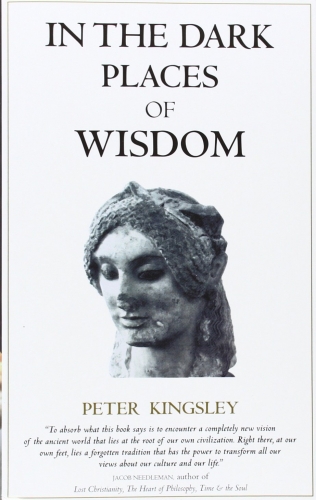 According to the Hadot, the formation of minds was the basis of the Humanities. Can philosophy be attributed to the Humanities? Andrii Baumeister emphasizes that the term “Humanities” appeared in the Renaissance, in the XV century, but the philosophy is much older. In this case, can philosophy be considered a humanitarian science? The Humanities focus on man, on an anthropocentric understanding of the world, while philosophy can act as a path that leads beyond the “ Human, All Too Human”. (Nietzsche).
According to the Hadot, the formation of minds was the basis of the Humanities. Can philosophy be attributed to the Humanities? Andrii Baumeister emphasizes that the term “Humanities” appeared in the Renaissance, in the XV century, but the philosophy is much older. In this case, can philosophy be considered a humanitarian science? The Humanities focus on man, on an anthropocentric understanding of the world, while philosophy can act as a path that leads beyond the “ Human, All Too Human”. (Nietzsche).
The philosopher Peter Kingsley was able to revive the Greek approach to philosophy as a way of life. “As I was drawn back into the world of the Presocratics, as I became absorbed into the ancient Greek texts they had left behind, I soon started discovering something different. These so-called philosophers weren’t theoretical thinkers or speculators, and they were nothing like rationalists in the modern sense. Many of them were immensely powerful spiritual beings. Greek texts which I was soon to realize had been misunderstood and mistranslated for centuries reveal when the distortions and mistaken interpretations are blown away, extraordinary spiritual teachings and extremely potent meditation techniques that can still be applied and practiced nowadays. I practiced them myself and was transformed. I had been brought into direct contact with the lineage and teachings of the ancient Masters who, at the dawn of our civilization, helped shape the Western world and bring our culture into being, “ says Peter Kingsley.
“He recounts a conversation in the Classics Department at UCLA after a talk on Parmenides. A faculty member complained that Kingsley is too dogmatic, that his interpretation is no better than anyone else’s. Kingsley responded: “But you and I are not the same. You read Parmenides so that you can change his meaning to suit yourself. I read Parmenides so that he can change me,” John Bussanich writes.
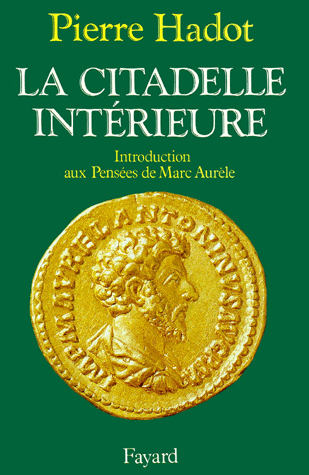 The very concept of “philosophy” should receive a different meaning. Remember Nietzsche’s words: “The very fact that Dionysus is a philosopher, and that therefore Gods also philosophize, seems to be a novelty which is not unensnaring”? It is known that Nietzsche called himself a disciple of the philosopher Dionysus. It is certain that by philosophizing, the man enters into the sphere of the divine. Much earlier, in the Renaissance, Pico della Mirandola had said something similar: “The sacred names of Apollo, if anyone examines their meanings and hidden mysteries, will sufficiently show that that god is no less philosopher than prophet.”
The very concept of “philosophy” should receive a different meaning. Remember Nietzsche’s words: “The very fact that Dionysus is a philosopher, and that therefore Gods also philosophize, seems to be a novelty which is not unensnaring”? It is known that Nietzsche called himself a disciple of the philosopher Dionysus. It is certain that by philosophizing, the man enters into the sphere of the divine. Much earlier, in the Renaissance, Pico della Mirandola had said something similar: “The sacred names of Apollo, if anyone examines their meanings and hidden mysteries, will sufficiently show that that god is no less philosopher than prophet.”
You can only be a philosopher if you are the one who carries out the action, for thought is action. Get rid of the misconception that a philosopher is a boring know-it-all who communicates with the world through endless scientific studies. Similarly, we should banish the other idea that the mindless fuss that most people produce is an action.
Philosophy implies active intervention in an endlessly lasting cosmogonic act by transforming the external world, subtly influencing it by identifying the paradigmatic structures that underlie the universe; philosophy is an attempt to transfer “archetypal images” from mundus imaginalis to the material world, the world of forms.
A philosopher is not a profession, it is impossible to become one. This is a kind of ontological task that a person either implements or allows it to fade away. There is an old beautiful legend about the Angel of Death, whose wings are dotted with countless eyes. When an Angel arrives too early, it only touches the person with its wing and, so that the person does not forget about this meeting, gives him an additional pair of eyes. An eye that looks into pre-being. So, philosophy is such a “gazing” into pre-being. The philosopher receives his second pair of eyes at the same time as the first, but these eyes do not open immediately. Sometimes this requires a teacher, a book, a sudden shock, a collision with death, an experience of the numinous. In ancient times, Mysteries were used for this purpose.



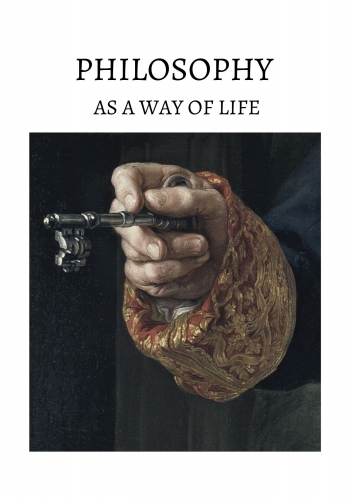
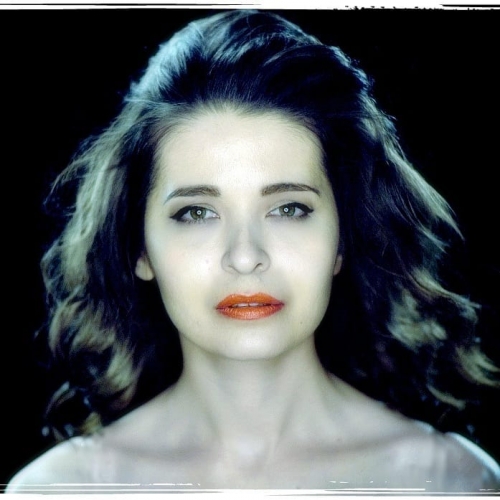

 del.icio.us
del.icio.us
 Digg
Digg
Les commentaires sont fermés.